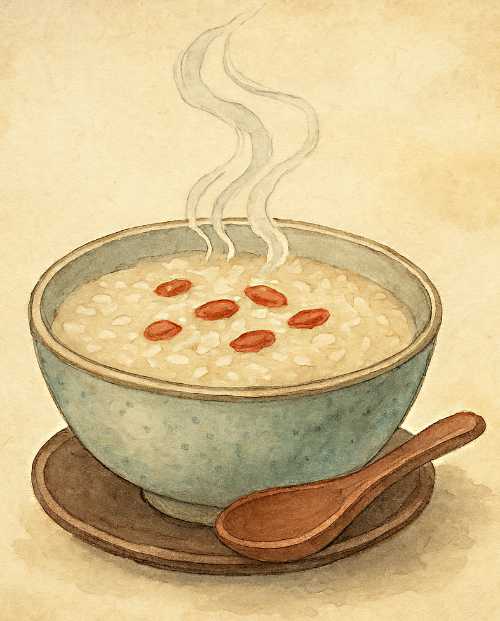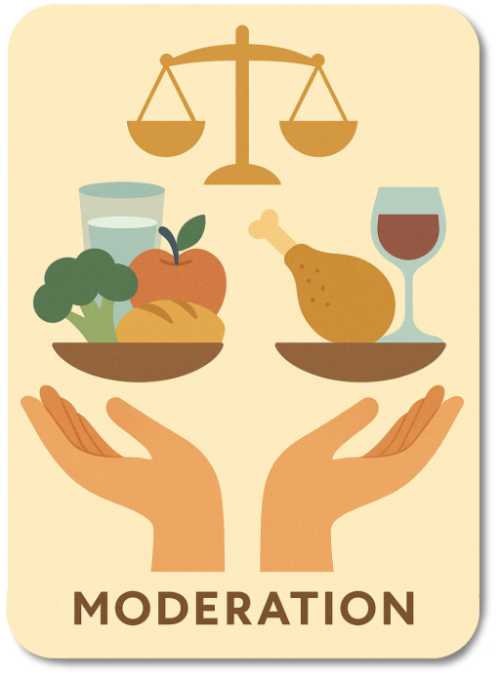East Meets West:
Diet and Nutrition for CKD
When it comes to managing Chronic Kidney Disease (CKD), diet is one of the most important factors. Western medicine places strong emphasis on controlling what goes into the body to reduce the workload on the kidneys. At the same time, Traditional Chinese Medicine (TCM) has long viewed food as medicine, recommending specific flavors and qualities of foods to protect and strengthen the kidneys. By looking at both approaches together, patients can find practical ways to support their health.
In Western practice, CKD diets often include reducing sodium to control blood pressure and swelling. Protein intake is carefully managed since too much protein can create more waste products for the kidneys to filter. In advanced stages, attention is also given to minerals like potassium and phosphorus, which can accumulate when kidney function is reduced. These guidelines are usually personalized, based on test results and the stage of disease.
Kidney-Friendly Foods
- Black beans and black sesame for nourishing kidney essence
- Walnuts and goji berries for energy and vitality
- Seaweed in moderation for minerals
- Congee and soups to ease digestion
- Ginger and cinnamon to gently warm kidney yang
From a TCM viewpoint, foods are chosen not only for their nutrients but also for their energetic qualities. The kidneys are seen as the foundation of yin and yang in the body, storing the essence, or jing. To support them, foods with dark colors such as black beans, black sesame seeds, and seaweed are traditionally recommended. Walnuts and goji berries are also valued for nourishing kidney energy. Warm, slow-cooked dishes like soups and congees are thought to strengthen digestion and make nutrients easier to absorb.
Seasonal eating also plays a role. Since the kidneys are linked with winter, this is a time to eat warming foods that protect yang energy. Spices like cinnamon and ginger, in moderate amounts, may be included for their gentle warming effect. Cold and raw foods are generally avoided, as they are believed to strain digestion and reduce the body’s ability to conserve energy.
Bringing the two systems together can be very helpful. Someone with CKD may follow medical advice on protein and mineral control while still choosing kidney-supportive foods from the Chinese tradition. For example, instead of high-protein animal dishes, congee with black sesame or a small amount of walnuts could provide gentle nourishment without excess strain. Herbal teas with goji berries or jujube can add flavor and vitality while keeping fluids balanced.
Diet is not a cure for CKD, but it is a cornerstone of managing the condition and maintaining quality of life. The wisdom of TCM adds cultural and energetic dimensions to Western guidelines, creating a more complete picture of how food can truly serve as medicine.
Vocabulary Guide
- Jing (精) – The essence stored in the kidneys, supporting growth, vitality, and longevity.
- Kidney yin (肾阴) – The cooling, moistening energy of the kidneys that nourishes and preserves fluids.
- Kidney yang (肾阳) – The warming, activating energy of the kidneys that drives metabolism and vitality.
- Congee (粥) – A slow-cooked rice porridge used in TCM dietary therapy to strengthen digestion and provide gentle nourishment.



